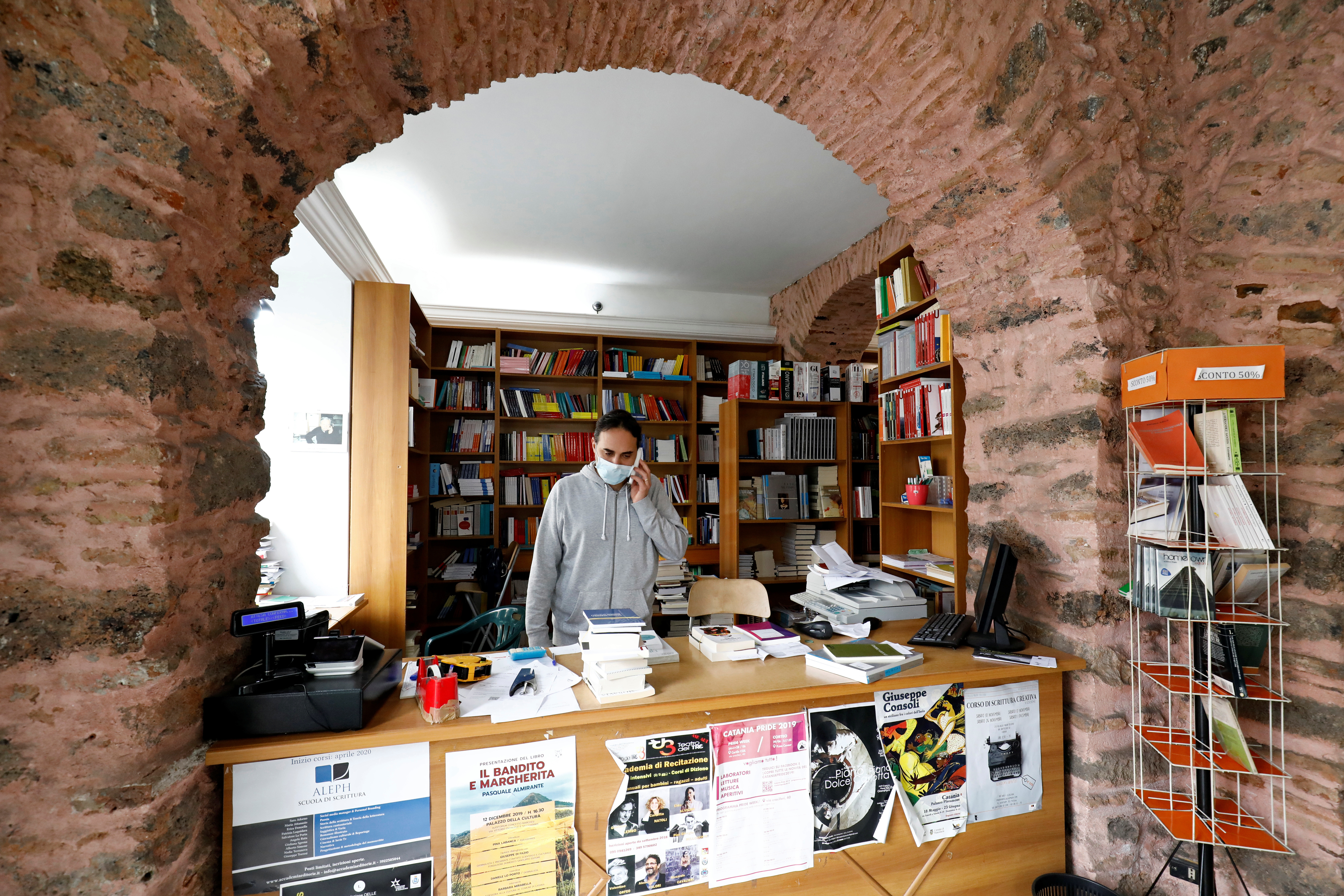
The Cerrado: Production and Protection
The Cerrado is the second largest biome in Latin America and the most biodiverse savanna in the world. Yet it has lost half its native vegetation to agriculture – and conversion is accele...

Since 2002, more than 60 million hectares of primary forest have been lost in the tropics, equivalent to an area the size of France. In 2021 alone, the tropics lost 11.1 million hectares of tree cover. Of this, 3.75 million hectares was tropical primary rainforests, equivalent to a rate of 10 football pitches a minute. The loss resulted in 2.5 Gt of carbon dioxide emissions, equivalent to the annual fossil fuel emissions of India.
If we don’t halt deforestation by 2030 at the very latest, with significant reductions by 2025, we will not limit global warming to 1.5°C and we risk catastrophic climate and ecosystem disruptions that would aggravate hunger and conflict worldwide.
However, there are emerging collective efforts from governments, industry, civil society and communities that could protect and restore forests at the global scale needed.
The Tropical Forest Alliance, hosted by the World Economic Forum, is a leading partnership platform that brings together partners around the common goal of implementing solutions to tackle deforestation linked to the production of agricultural commodities. The Alliance includes more than 180 partners representing the private sector, government, civil society organizations, indigenous peoples groups and multilateral organizations who are committed to ensuring the sustainable production of palm oil, soy, beef, cocoa and pulp and paper. TFA fosters cross-sector collaboration and involves working across Latin America, Africa, China, and Southeast Asia.
Areas where TFA is accelerating collective action include:
TFA is funded by the governments of Norway, the United Kingdom, the Netherlands, Germany, plus the Gordon and Betty Moore Foundation and Cargill. TFA is hosted at the World Economic Forum.
You can learn more about TFA at www.tropicalforestalliance.org.
The Cerrado is the second largest biome in Latin America and the most biodiverse savanna in the world. Yet it has lost half its native vegetation to agriculture – and conversion is accele...
With more than 70% of the food industry’s emission sources come from land use, more specifically by agriculture and deforestation, among which about one-third of them driven by commercial...
The world urgently needs to take collective action to achieve the United Nations Sustainable Development Goals and the Paris Climate Agreement by 2030.
Nature Risk Rising, the first report in the NNE series, explains how nature-related risks matter to business, why they must be urgently mainstreamed into risk management strategies and wh...
Ending tropical deforestation is critical to achieving the objectives of both the Paris Climate Agreement and the UN Sustainable Development Goals.
New data shows the rapid loss of primary rainforest. This is why we should all be worried about losing our old-growth woodland.
El auge agrícola de Brasil impulsa la deforestación y amenaza la biodiversidad y los alimentos. Las soluciones sostenibles podrían generar miles de millones.
Brazil's agricultural boom is driving deforestation, risking biodiversity and food security. Sustainable solutions could unlock billions in economic value.
No single policy instrument can end deforestation on its own. Tackling this issue demands a holistic approach – which is where this 5-point plan comes in.
Real progress on deforestation and climate change was made at COP26 in Glasgow, but people and organisations need to work together to accelerate efforts.
Worldwide nature-based solutions spending needs to rise four-fold by 2050 and the G20 will need to provide an extra $165 billion to meet such a target.
Many people have said that COP26 was ‘Nature’s COP’ – and there are many reasons to celebrate the collective action that was announced in Glasgow.
Although net-zero feels far off, we can get there, and do so in a way that is good for business and promises a future that vastly justifies taking action.
New initiative 'Forest, Agriculture and Commodity Trade Dialogues', aims to promote sustainable land use to protect rainforests and create new investment.
Ensuring supply chains are protective of forests and land rights is the clearest route to achieving a range of other sustainability priorities.
Assessing needs and priorities and mapping them over time using a 'three horizons framework' can help governments, businesses and individuals recover.
Despite a host of individual actions, we have failed to halt deforestation. It's time to take a cue from the forests and work together to find a solution.
The movement to eliminate deforestation from supply chains has achieved a lot - but it hasn't been enough to end deforestation completely. Real, collective action is needed.
Côte d’Ivoire and Ghana have joined forces with the world's leading chocolate companies to protect forests, boost farmers' livelihoods and ensure cocoa is produced sustainably.
Soy is the world’s most efficient protein crop, and can play a big role in feeding the 10 billion people expected by 2050 - but we have to act now to make sure we increase production sust...
The world is making progress on deforestation - but we are still losing the battle. Could a new landscape-based approach to protecting our forests be the answer?
The networks we need to drive large-scale land management tech adoption are the very ones that civil society organizations have spent decades building.
It is becoming increasingly clear that we must intensify and accelerate our efforts if we are to have any chance of meeting targets to protect the world's forests.
When big agricultural traders team up with local organizations to promote sustainable forests, countries listen.
The sustainable production of beef, soy, palm oil and paper offers a way out for imperiled forests and a $200 billion investment opportunity, according to a new report.























